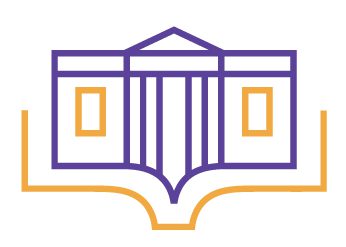A community that practices economic sustainability is more sustainable overall, and thus more resilient. A sustainable library helps support its community economically; a sustainable community benefits all of its residents economically. This is the “triple bottom line” at work.
You, our community members, fund us through your tax dollars, and PYPL strives to generate a high return on your investment in us. The clearest way to see a library’s return on your investment is through the materials we make available to you – because the more items we can provide for community members to usefully borrow, the more they can put their financial resources to other uses.
The Library Value Calculator is a wonderful tool to get an idea of the return on your investment in the public library. Check it out and plug in some rough estimates of the numbers of materials borrowed, programs attended, and services utilized and see what kind of economic impact we’ve offered you. Adult services librarian Alex tried it out and found that, based on the books, DVDs, and passes he borrowed over the past year, he got $865 worth of benefit from using the library. If you borrow materials for your kids, attend programs, or ask reference questions, your return could be much, much higher.
And remember, the library is about so much more than books now. PYPL offers an array of non-traditional materials, such as pedometers, eco-kits to survey home resource use, and Wi-fi hotspots, all of which add to our return on your investment in us. We’re always open to considering additional useful materials, too.
Another way that PYPL promotes an economically vibrant community is by supporting local businesses and agencies as much as possible. This has become especially important during the pandemic, with so many businesses facing shutdowns in order to safeguard public health; and while we purchased a little less actively than usual in 2020 ourselves, we hope to start making up for it in 2021. (One great way you can promote local businesses is by following the local Chamber of Commerce, and considering becoming a member.) Meanwhile, our partnerships with agencies such as Cornell Cooperative Extension, Yates County History Center, ProAction/Office for the Aging, the local schools, and more have never flagged, and we hope that our collaborations have been mutually beneficial all around. For more on local business and agencies, click here.
Beyond the important act of buying and collaborating locally, the library promotes economic sustainability in our community precisely because of our equal focus on sustainability in environmental and social equity issues. The “triple bottom line” approach reflects the reality that these three factors progress in tandem to produce a self-reinforcing, virtuous cycle. For more information on these concepts, visit:
